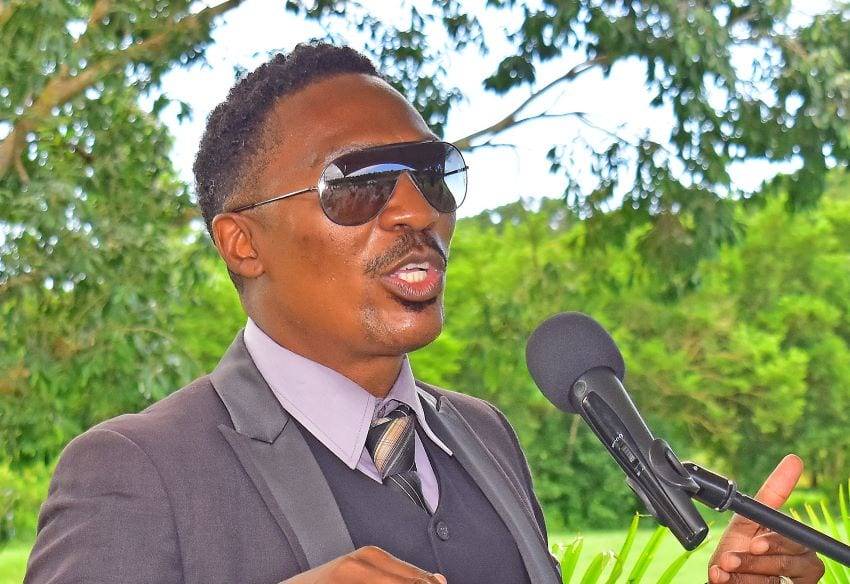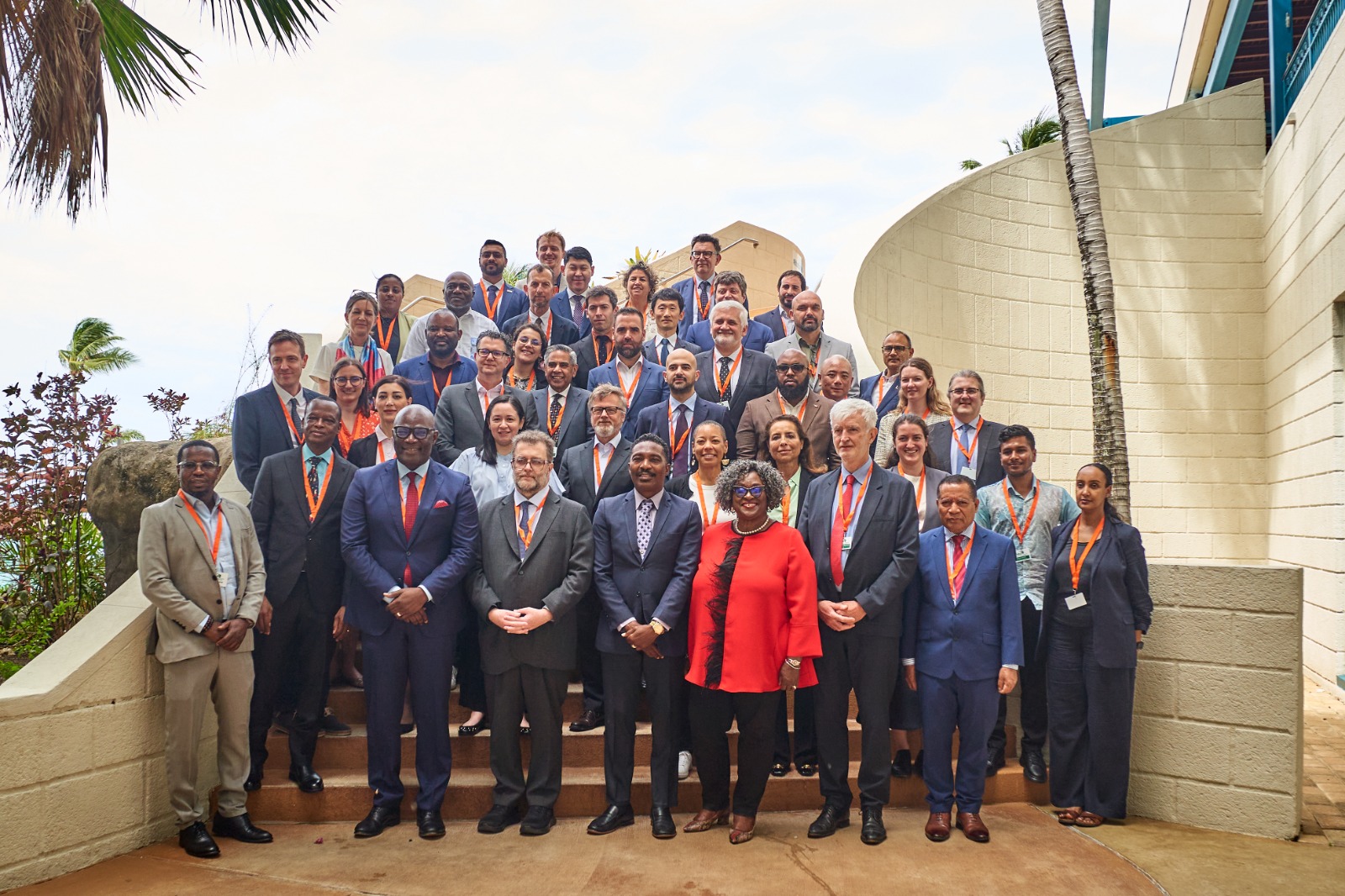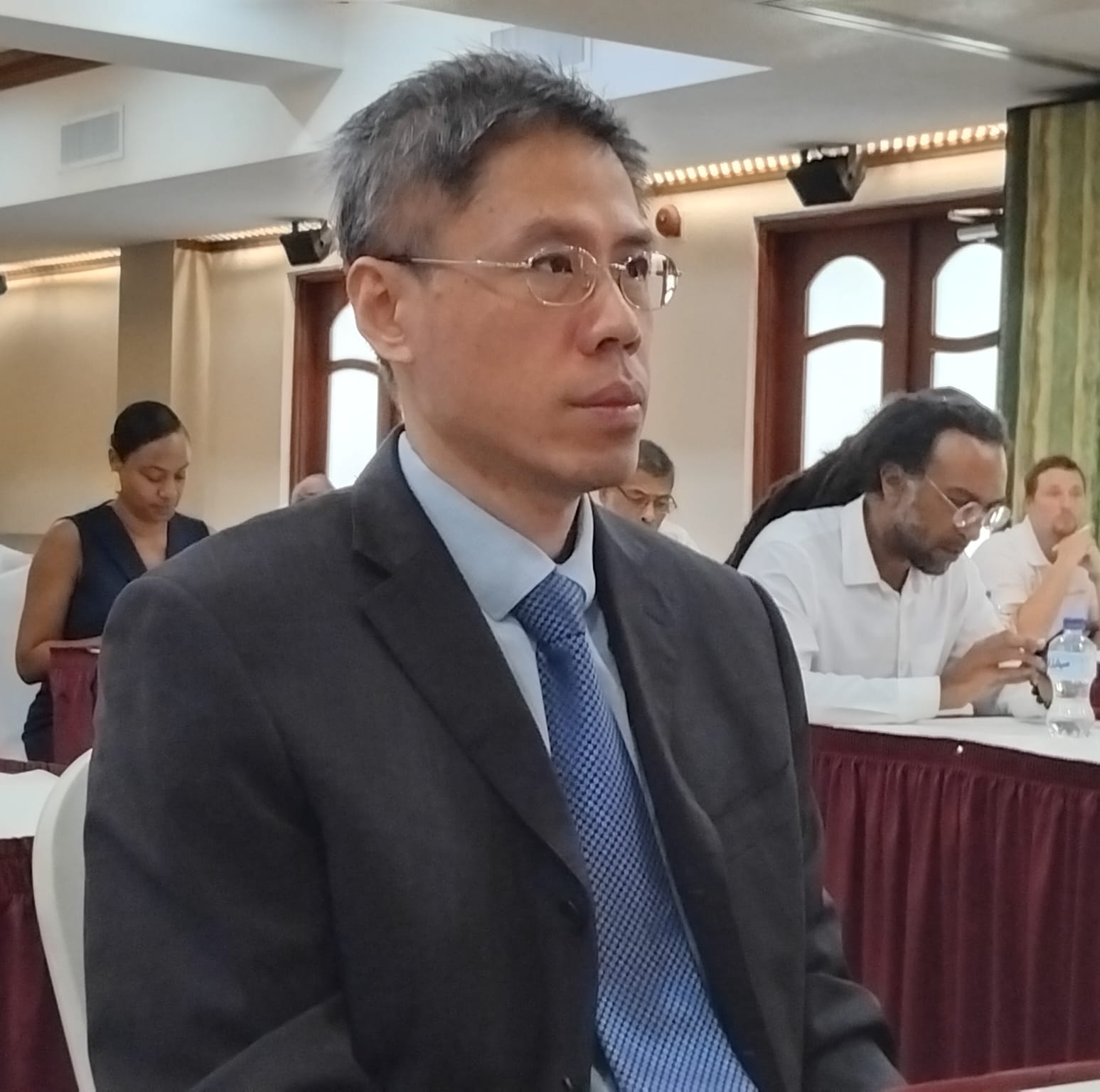Environment
‘Gullies Are Life’ Project Launched

Environment
Fund for Responding to Loss and Damage (FRLD appeal
Environment
China Champions Investments in Barbados visit
Environment
China and Barbados Unite on Climate Action
-

 Local1 week ago
Local1 week agoThe Confucius Institute Successfully Hosts 24th International Chinese Bridge Competition
-

 International3 weeks ago
International3 weeks agoCHINA ANNOUNCES VISA FREE TRAVEL FOR SOME LATIN AMERICA & CARIBBEAN COUNTRIES
-

 Business3 weeks ago
Business3 weeks agoT&T students get first-hand info about Flow
-

 Tourism2 weeks ago
Tourism2 weeks agoBarbados Wins Another Gold At Chelsea Flower Show
-

 Sports1 week ago
Sports1 week agoBARBADIAN GOLFER EMILY ODWIN IN US WOMEN’S OPEN TODAY
-

 Government2 weeks ago
Government2 weeks agoAttorney-At-Law Sandra Rawlins Is New Public Counsel
-

 Local3 weeks ago
Local3 weeks agoChina will always stand by LAC countries as a good friend and a good partner
-

 Government4 weeks ago
Government4 weeks agoNominations Invited For Pride Of Barbados Award – St. Philip




































